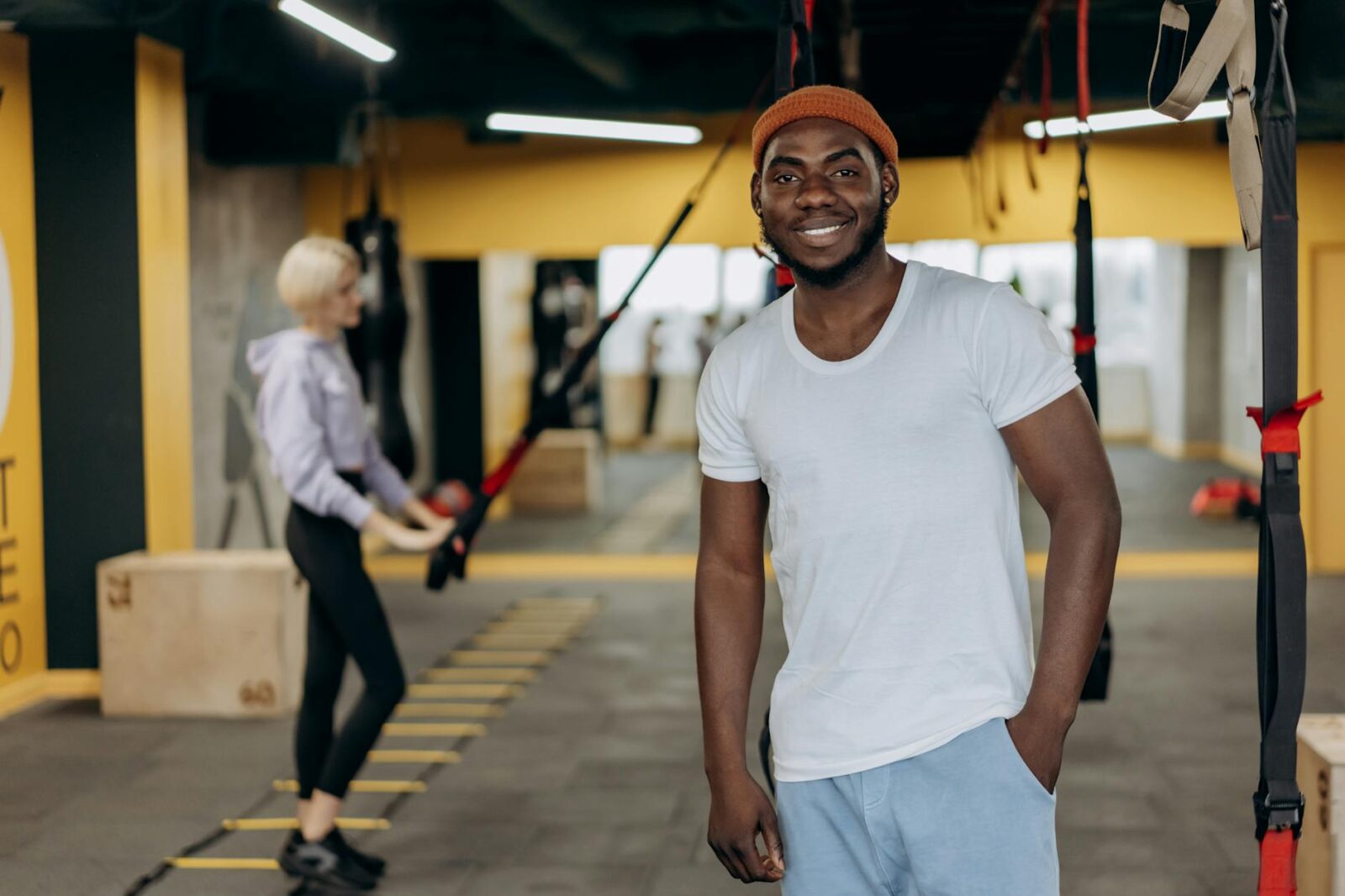Healing Men’s Emotional Wounds Speeds up Physical Healing

John Wills Njoroge is a psychotherapist and social diagnostician who…
In the course of my professional duties, I encountered a group of male patients who had been admitted to a healthcare facility for various ailments. Despite being under medical care, they exhibited little improvement, and it was evident that their female counterparts were healing more quickly and being discharged at a higher rate. Acting on the directives of both my former supervisor and a leading healthcare practitioner, I set out to assess the situation and identify the underlying factors that contributed to the observed gender disparity.
As I sought to uncover the root causes of a concerning phenomenon, I dedicated countless hours to observing patients and their daily routines. I hoped to identify patterns that could shed light on the disparity. One day, during visiting hours, I overheard conversations between patients and their visitors. I was dismayed to hear visitors spend most of their time complaining and criticizing patients, which can be detrimental to their recovery efforts. Every visit is a stressful time for patients, and stress can significantly slow down the healing process, making it essential to manage emotions constructively. In contrast, female wards prioritize empathy and sharing to meet each other’s needs, which can positively impact recovery. During transitional periods, many men may experience feelings of worthlessness, hopelessness, lack of peace, and a loss of masculinity. While visiting patients in hospitals, we must recognize the impact of our words and behavior on patients and compassionately contribute to positive and healing environments.
This experience inspired me to take action by cultivating human-centered conversations with the visitors on the importance of empathetic, positive, and supportive conversations with the patients. Additionally, I developed an intervention program that aimed to promote constructive dialogues in the ward, intending to foster healthy relationships between the patients and their visitors. My ultimate goal was to enable the patients to heal in an environment that was conducive to their recovery, and to enhance their chances of achieving functional relationships with their loved ones.
Indeed, as my experience has shown, relationships can play a pivotal role in the recovery process, and when approached appropriately, they can be a vital ingredient in the healing process. I came up with a plan where patients shared their journeys to their current situation and navigated through what presented itself as a source of stress for the rest to bounce their take. The conversation that unfolded was nothing short of powerful, as men courageously shared their experiences with dysfunctions, relationship struggles, emotional pain, and hidden resentments. It was clear that societal pressures to prioritize success over emotional intelligence had taken a significant toll on their well-being, resulting in pent-up anger and frustration. The stories of familial pain brought about by the societal obsession with wealth and material success were equally poignant and spoke to the urgent need for a shift in values. It is time for us to recognize that emotional well-being is a fundamental right and to build a society that prioritizes compassion and empathy over material pursuits.
The place of masculine healing responsibility requires personal and collective resilience, acceptance, and the ability to take hold of every growth-presenting opportunity, especially in times of economic, health, and relational crisis. These men courageously understood that they were not responsible or in control of the dictated social status, inflation economic pressure, and political turmoil that had caused them pain. However, they took ownership of their perspectives and thinking patterns to process their present situation. They worked tirelessly to build autonomy, retrain relationships at home and work, and heal emotionally. It is no surprise that they were all discharged within a few weeks because they had taken on the challenge of reshaping their world and the way they interacted with it. Their success is a testament to the power of the masculine support system, taking responsibility for our lives by facing pain compassionately instead of running away from it. A renewed mind is a healing mind, yes! The way we think matters.
What's Your Reaction?
John Wills Njoroge is a psychotherapist and social diagnostician who assists individuals and teams clarify their purpose in life and create a philosophy of their existence and work. He is co-founder of Lead Global Impact, an organization that builds the leadership capacity of primary and high school children and youth in Kenya. He is the author of ‘Father to Son’, a manual designed for fathers to better understand their sons and relate more effectively with them, and ‘Brave Hearts Leadership Program’ a manual that has been used widely to train boys as responsible leaders. Among many other leadership roles, he is consulted and contributes to shaping narratives on youth matters and social justice in Kenya’s mainstream media.

















